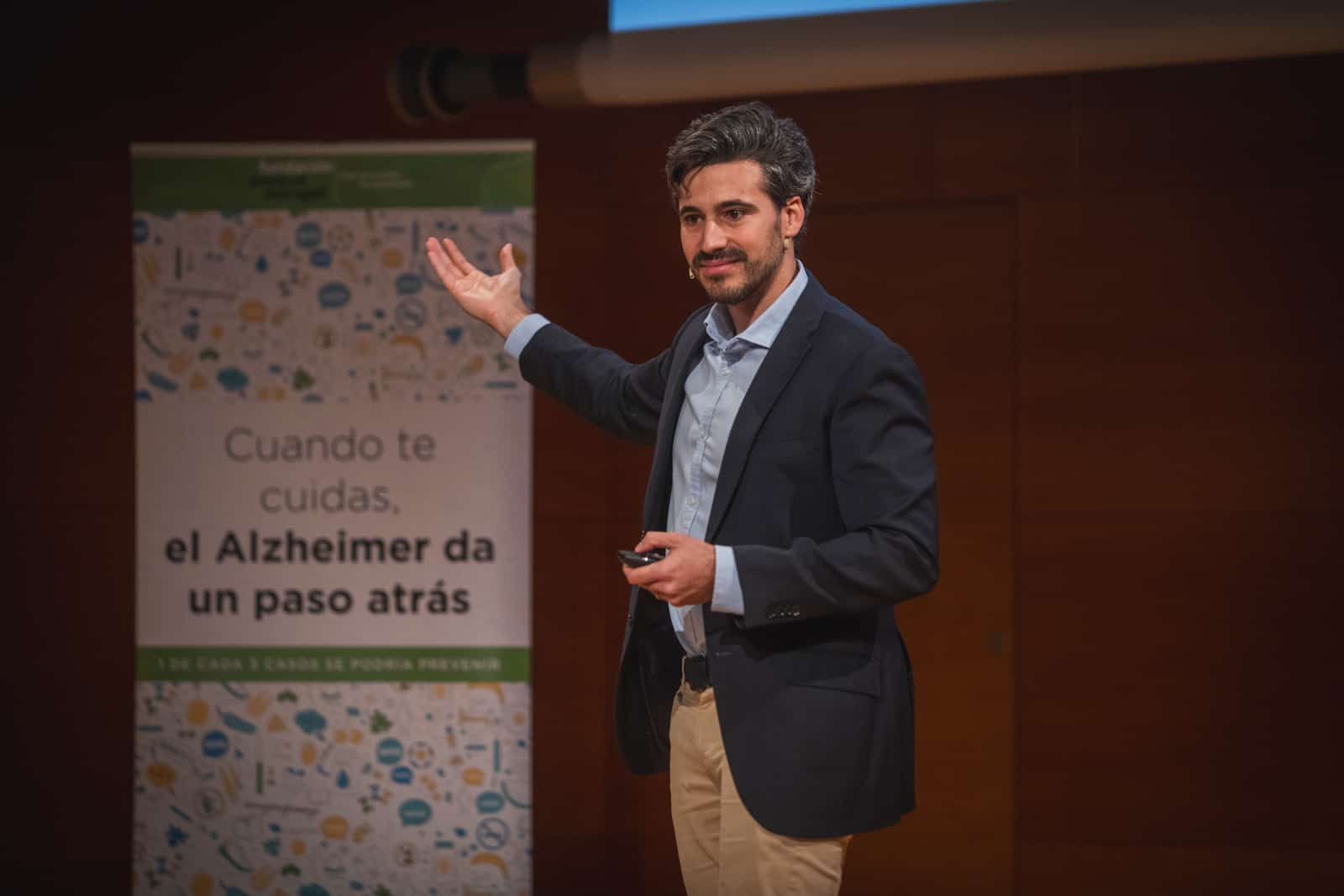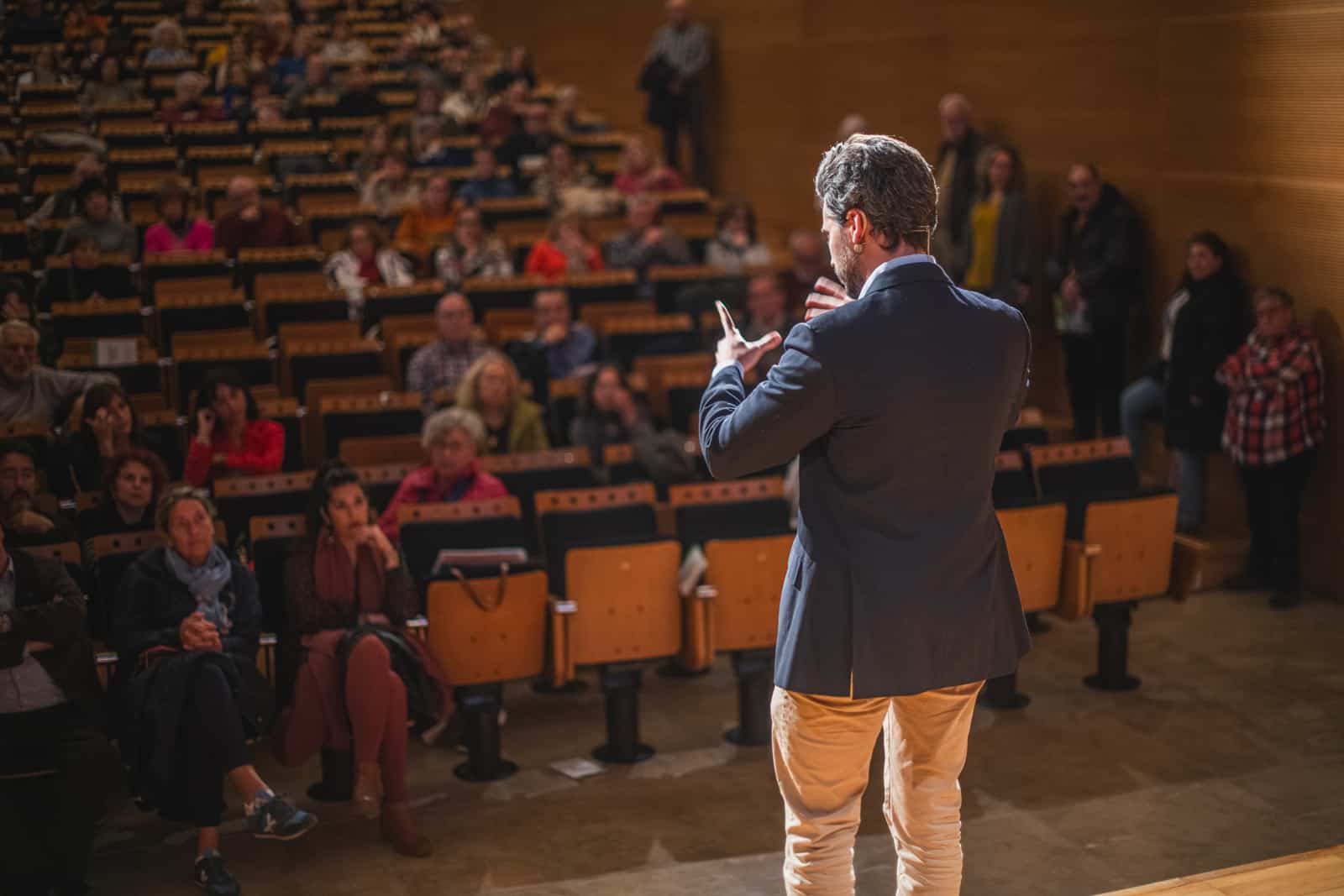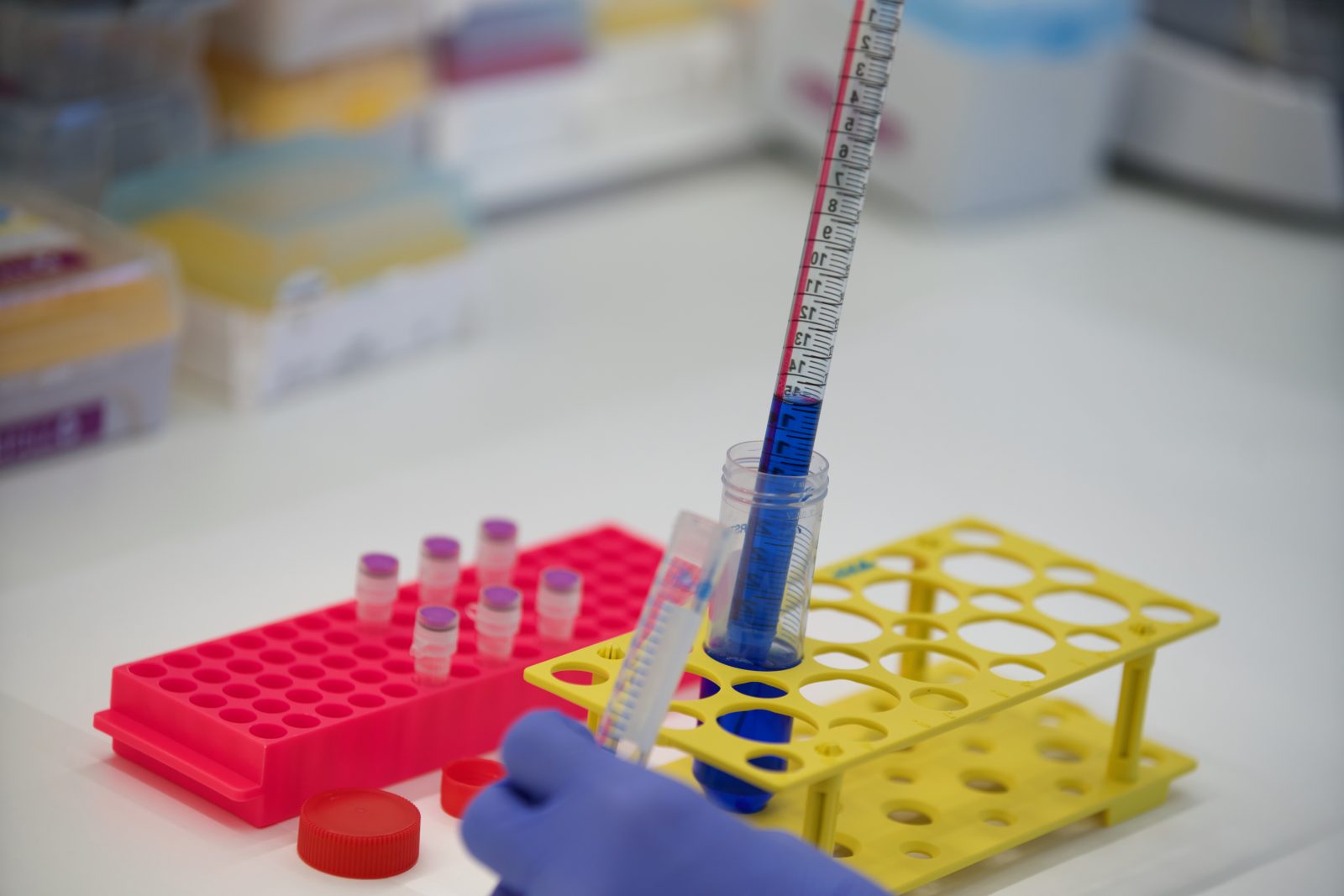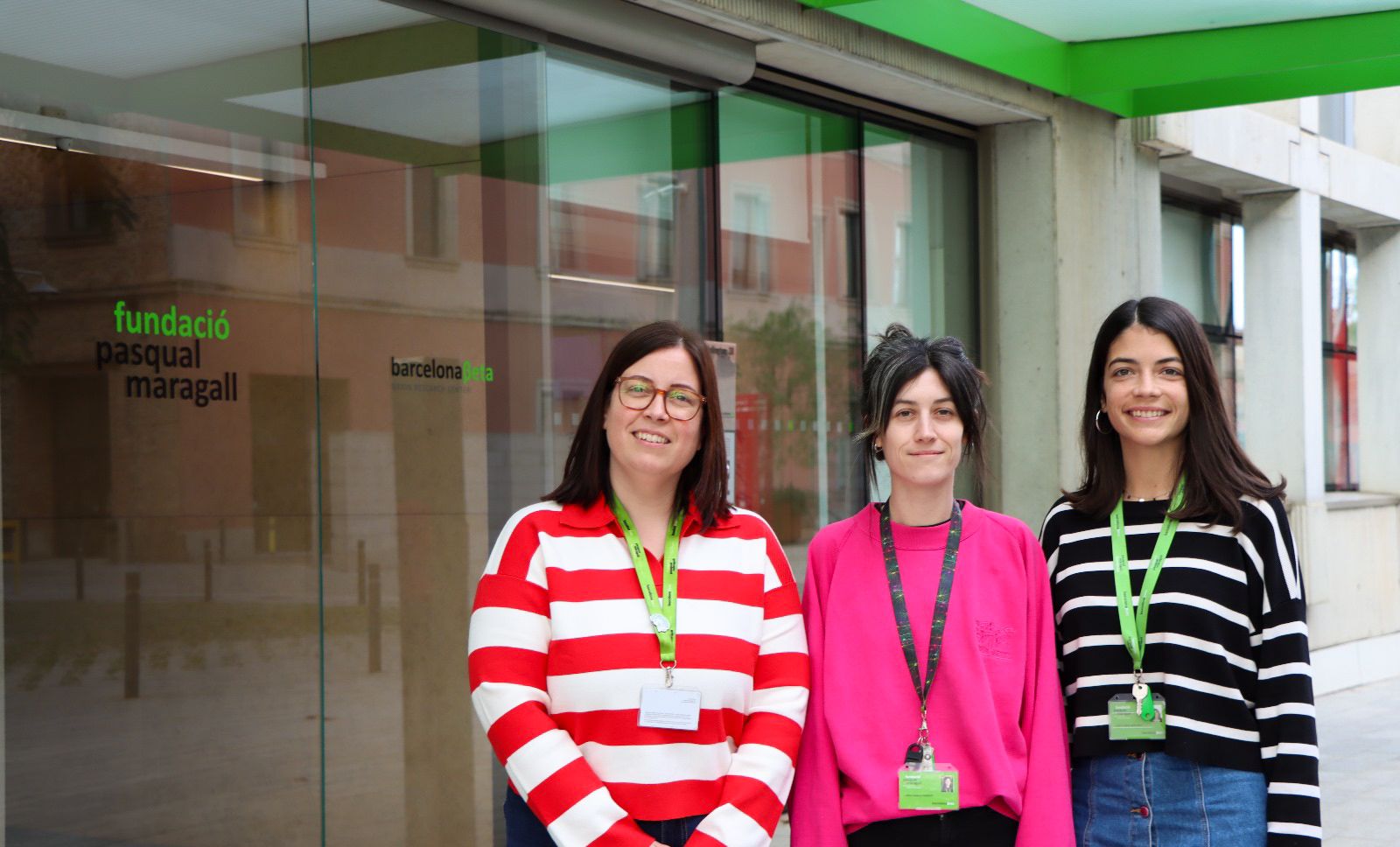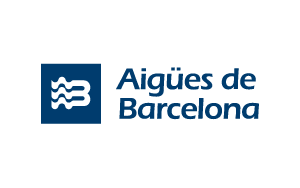More than 140 people have attended the event to promote Alzheimer's prevention through healthy lifestyle habits.When you take care of yourself, Alzheimer's takes a step back"organized by the Pasqual Maragall Foundation. The meeting, held at the Palau de Congressos de Tarragona, is part of the entity's social awareness work, a key aspect of its mission along with its contribution to research into the disease.
He Dr. Chema González de Echávarri, neurologist in charge of the Dementia Unit at the Joan XXIII Hospital in Tarragona and neurologist at the Pasqual Maragall Foundation, was in charge of leading the session and began the presentation by talking about the origin of the disease and its multifactorial nature: “Alzheimer's disease is caused by a combination of non-modifiable risk factors, such as aging, and modifiable factors that have a major impact on the development of symptoms. Thanks to research, we know that these factors are related to cardiovascular health and lifestyle, meaning that what's good for the heart is good for the brain. If we lead a sedentary or inactive life with unhealthy habits, we run a greater risk of developing diseases, which has side effects on our brain health.”.
For this reason, the expert wanted to emphasize the importance of healthy habits to prevent the disease. Thus, he recalled that it is key to follow a Mediterranean diet avoiding ultra-processed foods, saturated fats, red meats and sausages; in addition to integrating physical exercise regularly into the routine, which is also important for good mental health.
He Dr. Gonzalez de Echavarri It has also shown that we must avoid social isolation, since social relationships are excellent for keeping neural connections active and that it is important to pose small challenges to our minds such as participating in workshops, courses, reading or simply solving crossword puzzles, to keep our brain active on a daily basis.
The family, the primary caregiver in most cases
The talk also discussed the effect that Alzheimer's has on the family of the affected person, who in most cases tend to adopt the role of primary caregiver, assuming direct care of the person with Alzheimer's.The more the disease and symptoms progress, the greater the dependence of the person on the caregiver. A responsibility that in 8 out of 10 cases usually falls on the family.”, the expert commented.
In addition, he highlighted the involvement that family caregivers usually dedicate to the affected person.With about 70 hours of care per week, assumed by the family in 80% of the cases. Considering that the disease usually lasts between 7 and 15 years, these data show the mark that Alzheimer's leaves on the family members and the environment of the affected person.", commented the Dr. Gonzalez de Echavarri.
Optimism about the future of the disease
The neurologist also delved into the latest advances in research into diagnosis and treatment, where he stressed that we are facing a paradigm shift: “the emergence of new forms of detection, where the research centre of the Pasqual Maragall Foundation, the BarcelonaBeta Brain Research Center, has contributed with major advances such as blood biomarkers, and the appearance of the first treatments that could slow the progression of the disease, call for optimism among experts regarding the approach to the disease in the future,” the expert concluded.
